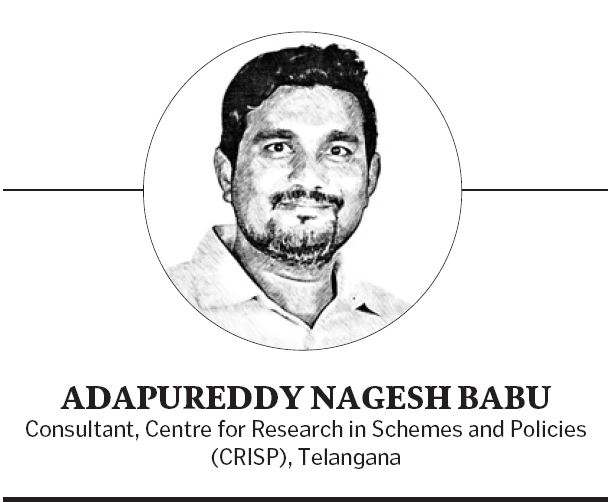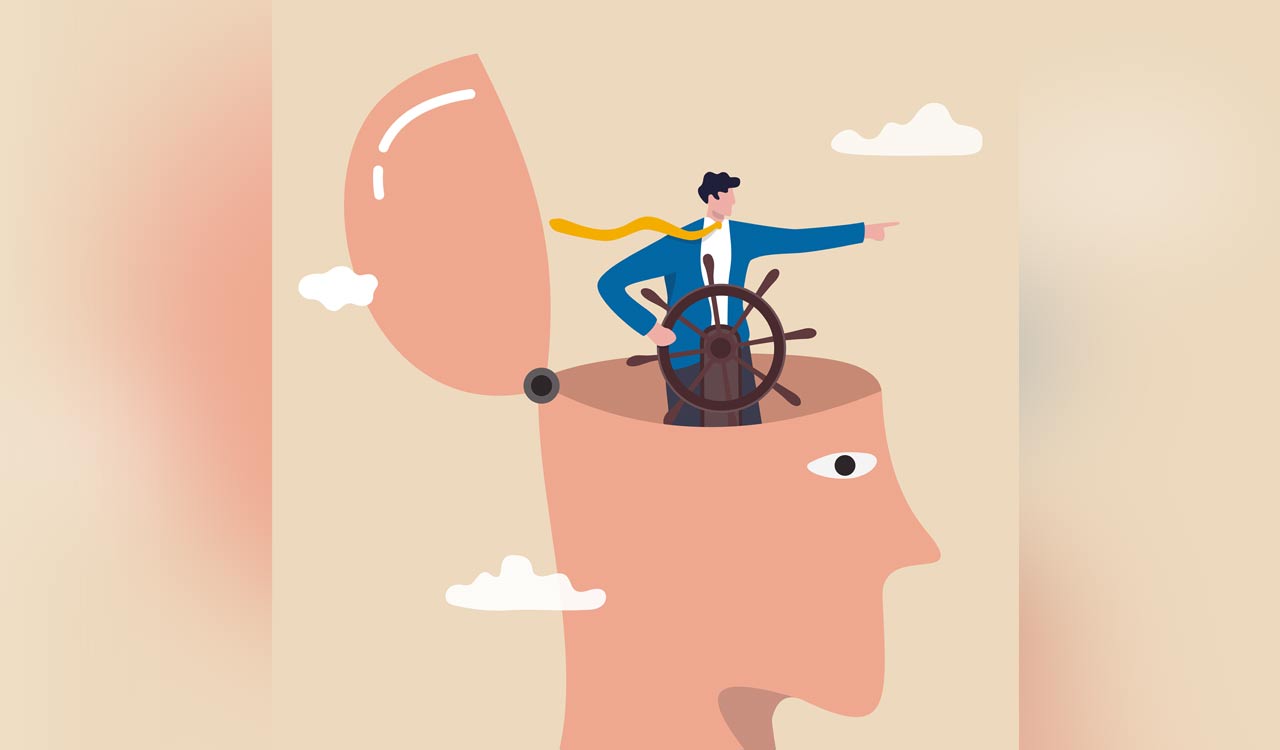Higher Educational Institutions must aspire to be an integral part of society, striving for a progressive society
Published Date – 11:40 PM, Tue – 26 December 23

By Adapureddy Nagesh Babu
Higher Education is a public good and the responsibility of all stakeholders. Faced with the complexity of current and emerging global challenges, higher education has the social responsibility to advance our understanding of multifaceted issues with social, economic, scientific, and cultural dimensions and our responsibility to respond to them.”
The second World Conference on Higher Education in 2009 recognised the transformative potential of higher education in addressing global challenges. In the rapidly evolving landscape of higher education, the concept of Socially Responsible Higher Education (SRHE) has gained prominence as a guiding principle for Higher Educational Institutions (HEIs) seeking to contribute positively to society. In fact, there is a growing recognition and call for the social/public responsibility of higher education, urging HEIs to identify and address issues that affect the well-being of communities, nations and global society. This involves introducing a range of innovative educational methods capable of fostering students’ critical thinking and creativity within but also beyond subject knowledge (Santos et al., 2016). For this to happen, students need to fully develop their abilities with a sense of social responsibility, educating themselves to become critical participants in a democratic society and promoters of changes that will foster equity and justice (UNESCO, 1998; Simons and Masschelein, 2009).
University Social Responsibility
In the past three decades or so, the concept of University Social Responsibility (USR) has come to the forefront in major global discussions on higher education. The USR goes beyond corporate social responsibility (CSR) by emphasising the pedagogic value of teaching and learning. It benefits students, universities and society at large. The USR is not a standalone concept; it is deeply intertwined with the fundamental functions of higher education — Teaching, Research and Social Responsibility.
As the late 20th century saw a surge in the importance of social responsibility, HEIs began to address societal challenges, making significant contributions to the larger societal good. This shift is evident in the global phenomenon of students engaging in various voluntary activities impacting positively on society. While SRHE may seem like a recent focus, its roots can be traced back to Adult Education Extensions set up in the 1970s to cultivate the habit of social service among students with initiatives like Community Service Project and Literacy Programmes in Summer.
India has always been a front-runner in embracing and promoting SRHE. In 2005, the University of Pune launched the Samarth Bharat Abhiyan programme where 573 villages were adopted for overall integrated development. The Institute of Rural Research and Development (IRRAD) started ‘Good Governance Now’ in 2008 by training 35 residents of six villages in Mewat, Haryana, one of the most underdeveloped districts in India. Many law schools in India have volunteer Legal Aid Clinics in which students stage Legal Aid Camps in villages to raise legal awareness and record the problems of villagers.
These are only a few examples where HEIs with their SRHE have impacted the lives of many. One can imagine the magnitude of the impact the Indian HEIs can create when all of them embrace and deliver SRHE.
Engaging through Activities
HEIs have a higher social responsibility, as the knowledge which is used at all levels of education and in all fields is produced at the level of higher education. With the level of education, ergo, the degree of social responsibility of the educational institutions correspondingly increases. The stake for an individual or society is, therefore, higher at the level of higher education than at the lower levels. Community service activities, often overshadowed in the past, have started gaining significance in contemporary evaluations. These activities, when targeted, have the potential to not only increase the Gross Enrolment Ratio (GER) and Gross Participation Index (GPI) but also foster a sense of social responsibility among students.
Initiatives like Adult Education Extensions and activities of students towards society should have proper weightage in academic grades, rewards and honours which encourage both the institution and students to do more for society. The NEP 2020 also advocates giving due credit to extra-curricular and socially responsible activities.
Initiatives like Unnat Bharat Abhiyan by the government of India and the two-month ‘Community Service Project’ in Andhra Pradesh are a welcome step in embracing SRHE through community service activities.
Holistic Development
Aristotle’s wisdom, “Educating the mind without educating the heart is no education at all,” echoes the importance of values and ethics in education. Learning of the students is dependent upon their family, teachers, society and environment. Therefore, it is crucial to have a better society for students to learn. HEIs must embed social responsibility in their vision and mission as they play a significant role in enhancing educational development and improving the quality of life through their education, research and social actions.
The Global University Network for Innovation (GUNi) Report (2014) pointed out “the need to reconsider the social relevance of universities in the light of the encounter of the local with the global, regarding priorities, demands, impacts and knowledge needs in the context of globalization”.
Reorienting teachers, students and parents is a crucial step towards embracing social responsibility in higher education. HEIs must identify societal issues, align them with geographical challenges and make these activities compulsory for students. Success should be redefined to include achievements related to societal contributions, moving away from the narrow perspective of academic grades and jobs. The reorientation of teachers is vital in convincing them of the importance of social responsibility for students. HEIs should motivate all stakeholders about the broader perspective of success, emphasising the significance of activities related to society.
Towards Better World
Marian Wright Edelman, the civil rights activist who founded the Children’s Defense Fund, said, “Education is for improving the lives of others and for leaving your community and world better than you found it.” Science clearly shows that teaching students empathy and altruism helps them to be successful in their professional and personal lives. In the 21st century, higher education must focus not only on cognitive development but also on nurturing qualities and values that make individuals humane.
As we navigate the challenges of the present and future, HEIs must reconnect with society and instil values of societal development, balanced growth and a happy life in students. Happiness for individuals translates into happiness for families and society at large. With the demographic dividend at their disposal, HEIs should aspire to be an integral part of society, striving for a vibrant, progressive and developed society.
Designing visions and missions with embedded social responsibility is crucial for any HEI, contributing significantly to educational development and improving the quality of life for society. The journey towards a better world begins with HEIs embracing their social responsibility, recognising the constitutional opportunity and moral obligation to make a positive impact on the world.





